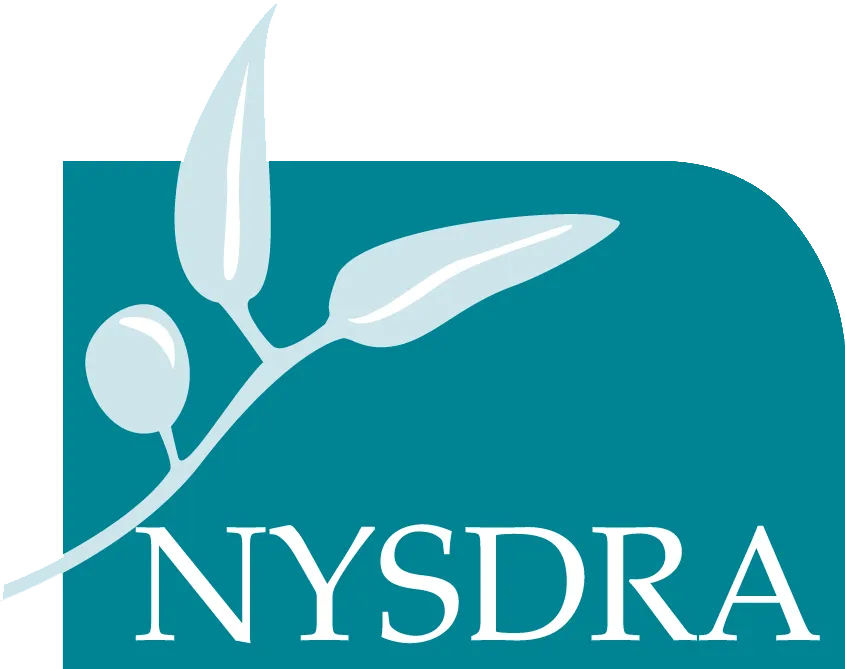Alternative dispute resolution (ADR) is a variety of processes, such as mediation or arbitration, that help parties resolve disputes without a trial.
Watch the video to learn more.
We help community members solve everyday problems in a way that restores relationships and builds back a sense of community.
The Spectrum of Dispute Resolution
MEDIATION
Mediation is a voluntary, confidential process facilitated by a trained mediator. The mediator facilitates a conversation with two or more people to help resolve a dispute and develop a mutually acceptable solution.
ARBITRATION
Arbitration is the out-of-court resolution of a dispute where the third party (the arbitrator) hears evidence and renders a decision. The decision can be binding or non-binding.
Benefits of Dispute Resolution
Alternative dispute resolution (ADR) gives parties in dispute the opportunity to work through conflict with the help of a neutral third party. Parties are empowered, more involved in the outcome, and the process is generally faster and far less expensive than a typical court proceeding.
How do I know which method is right for my situation?
When you contact a provider or CDRC, they will help determine which dispute resolution provider would be ideal for your situation.


